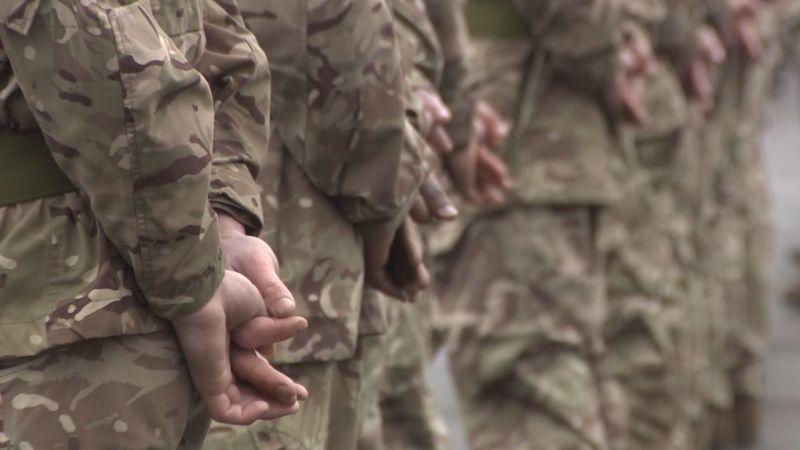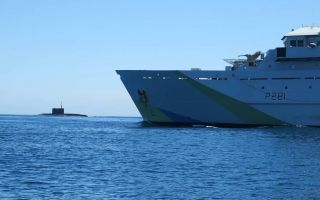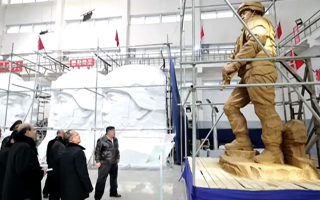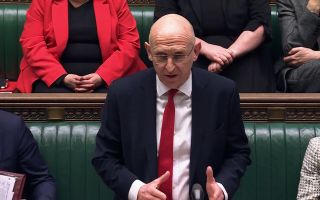
Seven hundred troops sent to Cyprus ready to evacuate Britons from Lebanon

Around 700 British troops are being sent to Cyprus in case an emergency evacuation of Lebanon is required as fighting between Israel and Hezbollah continues to escalate.
Royal Air Force aircraft and transport helicopters are also on standby and HMS Duncan and RFA Mounts Bay remain stationed in the eastern Mediterranean.
The deployment of the troops to Cyprus, where the UK has a large military presence, comes as the Government begins the first stage of its contingency plan.
The military team is being supported by Border Force and Foreign Office officials.
British nationals should leave now
The deployment was announced after Defence Secretary John Healey held a Cobra meeting attended by intelligence chief and diplomats.
He said British nationals should leave Lebanon now - and praised the military personnel deploying to the region.
"Events in the past hours and days have demonstrated how volatile this situation is, which is why our message is clear: British nationals should leave now.
"We continue to urge all sides to step back from conflict to prevent further tragic loss of life.
"Our Government is ensuring all preparations are in place to support British nationals should the situation deteriorate.
"I want to thank the British personnel who are deploying in the region for their commitment and professionalism."
Routes out of the region under threat
Airlines are suspending flights to Lebanon because of the escalating violence, meaning commercial escape routes could be cut off as the situation deteriorates.
Sir Keir Starmer called on Israel and Hezbollah to "pull back from the brink" and urged Britons to board commercial flights out of Lebanon as soon as possible.
Speaking to reporters whilst flying to New York for a United Nations summit, the Prime Minister said: "The most important message from me this evening is to British nationals in Lebanon, to leave immediately and I just want to reinforce that.
"Yes, we are ramping up the contingency plans, I think that you would expect that in light of the escalation.
"But it is important that we be really, really clear: now is the time to leave.
"More broadly, I am worried about the situation and I think we need to be clear we need de-escalation, we need a ceasefire, we need to pull back from the brink.
"I think that will be amongst the first topics we discuss in New York."








